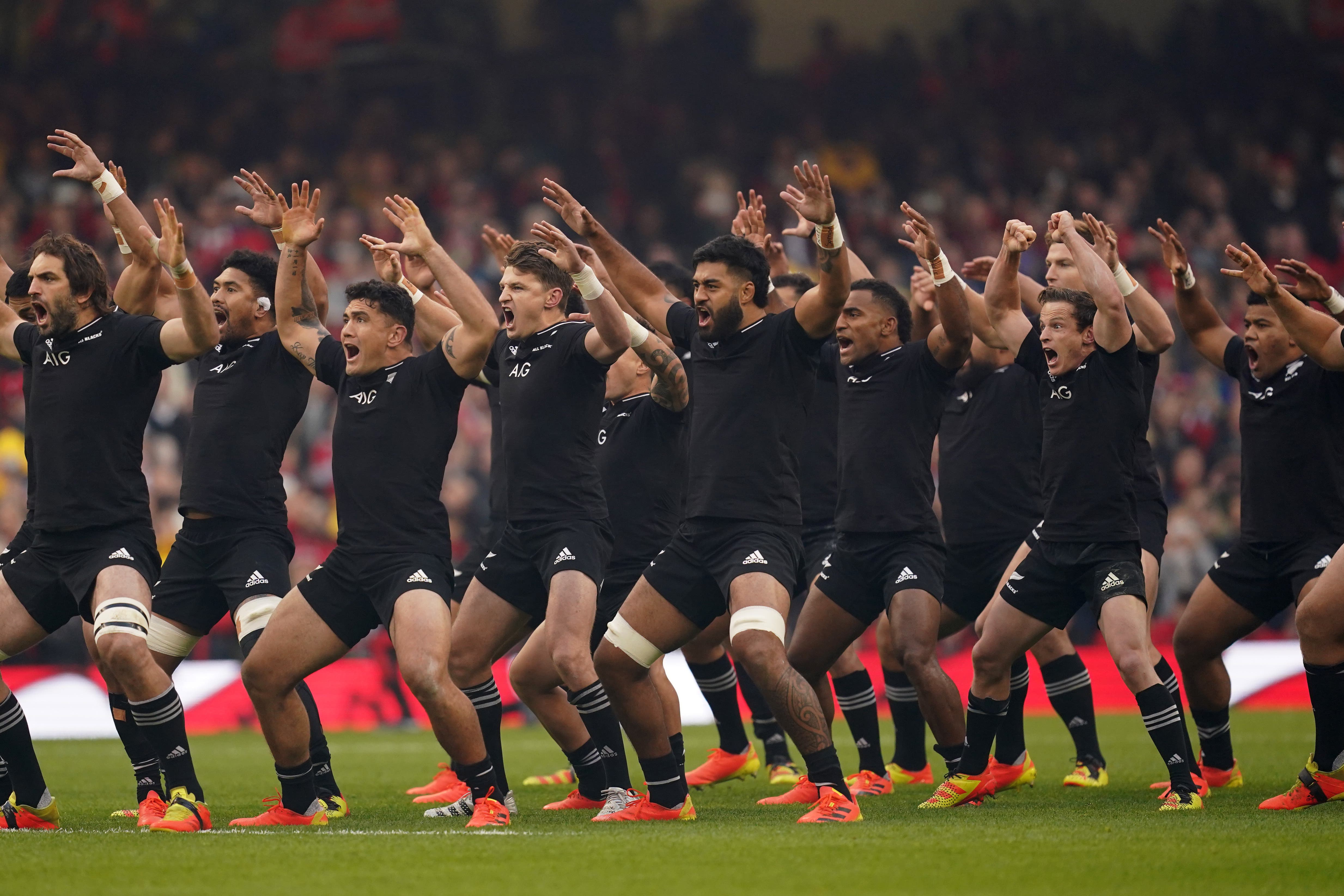Wales vs New Zealand talking points: Can hosts finally beat the All Blacks?
Wales have not beaten New Zealand since 1953

Wales kick off their Autumn Nations Series campaign when they tackle New Zealand in Cardiff on Saturday.
While Wales claimed a first victory over the Springboks on South African soil four months ago, they have not beaten the All Blacks since 1953.
Here we look at some of the talking points heading into the game.
Wales’ 69 years of hurt
Wales have not beaten New Zealand since toppling them 13-8 on December 19, 1953 in Cardiff. The subsequent 32 Tests between the countries have all gone one way, with New Zealand racking up more than 1,100 points in the process and winning 24 of those matches by 15 points or more. Wales and New Zealand have faced each other at 11 different venues – Cardiff, Auckland, Christchurch, Brisbane, Johannesburg, London, Hamilton, Sydney, Dunedin, Wellington and Tokyo – and only once in the professional era have Wales gone close, losing 26-25 in Cardiff 18 years ago.
So what else happened in 1953?
It was a year momentous for the Coronation of Queen Elizabeth II, while Edmund Hillary and Sherpa Tenzing Norgay became the first explorers to reach the summit of Mount Everest. Tony Blair was born, Joseph Stalin died and Dwight D Eisenhower was inaugurated as the United States’ 34th president. On a sporting front, Blackpool won the FA Cup after beating Bolton in the so-called Matthews Final, named after Blackpool winger Stanley Matthews, England lost 6-3 to Hungary at Wembley, Ben Hogan won The Open and Fred Davis beat Walter Donaldson 37-34 in a best of 71 frames world snooker final.
Which New Zealand team will turn up?
It is not a question that normally accompanies the All Blacks, but 2022 has been a rollercoaster year. It started with two home defeats against Ireland as Andy Farrell’s team claimed an historic 2-1 series triumph, then New Zealand opened their Rugby Championship campaign by losing comprehensively to South Africa. A home defeat followed against Argentina, pressure grew on head coach Ian Foster and New Zealand dropped to fourth in World Rugby’s official rankings, but they responded by winning an eighth Rugby Championship title. Wales, Scotland and England now await.
Welsh wing wizards
When it comes to strike-power, Wales have two of the most destructive finishers in British rugby at their disposal. Gloucester speedster Louis Rees-Zammit has delivered world-class displays in the Gallagher Premiership, while Test debutant Rio Dyer has shone for the Dragons. They have a combined age of just 43, but both players are box-office material, and if Wales can secure them enough quality possession then expect fireworks.
Referee Wayne Barnes joins 100-club
Englishman Barnes will become only the second referee in rugby union history to control 100 Test matches when he takes charge of Saturday’s clash. The 43-year-old follows Wales’ Nigel Owens, who reached the landmark two years ago. Barnes’ first international appointment arrived in 2006, having become a professional referee a year earlier. Barnes, a practising barrister who was born in the Forest of Dean, has officiated at the last four World Cup tournaments and also controlled more than 250 English Premiership games.
Join our commenting forum
Join thought-provoking conversations, follow other Independent readers and see their replies
Comments
Bookmark popover
Removed from bookmarks